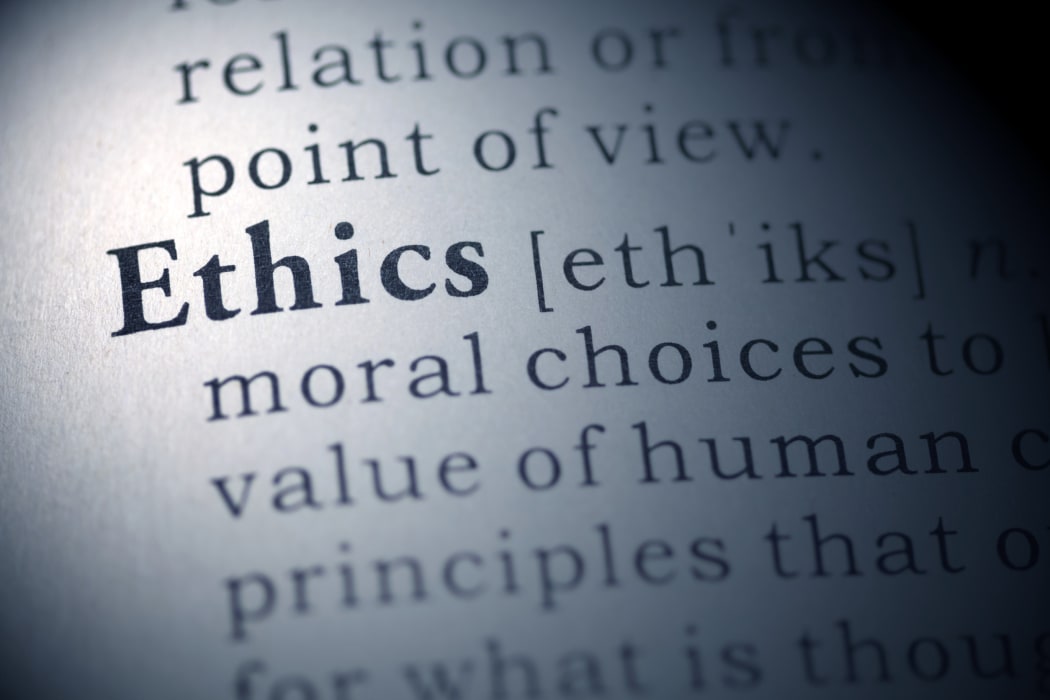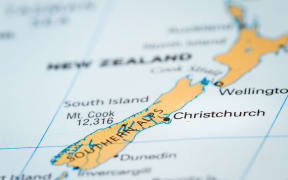A new survey highlights the gap between companies' ethical good intentions and their actions.

The practices and reported ideals of New Zealand businesses don't always align when it comes to ethics, a new survey says. Photo: 123rf
More than half the people surveyed by business consultancy EY's Global Integrity Report said unethical behaviour was often tolerated when the people involved were senior managers, despite New Zealand ranking third in the world for rating integrity as important.
New Zealand respondents said management talked about integrity in the workplace, but only a little over 42 percent reported regular training about relevant legal, regulatory and professional development.
"While we hold integrity in high esteem, there is a disconnect between what is being said, what policies are being put in place and the outcomes being achieved," EY forensic service partner Stephen Bell said.
The report also highlights New Zealand's 'don't speak up' culture, noting more than 40 percent of workers had not reported concerns about misconduct, despite it affecting them.
In addition, nearly 60 percent of workers who reported misconduct felt pressure not to report it.
Of those, more than half said they did not report misconduct because they did not think it would be acted on or were afraid it would hurt their career prospects.
"While we claim to prioritise integrity, some of the findings contradict this," Bell said.
About half of the respondents said they would be concerned if information about management decisions were scrutinised, while some would behave unethically in order to protect their careers.
Serious matters of misconduct included misleading regulators or auditors (14 percent), falsifying financial records (12 percent), ignoring unethical behaviour by suppliers or third parties, providing false information to management, falsifying customer records, or ignoring unethical behaviour by a team member (8 percent), and offering or accepting a bribe (6 percent).
About a third of businesses had processes or training for conducting due diligence on customers and partners, while just one-in-five had sanctions in place to punish behaviour that failed to demonstrate integrity.






